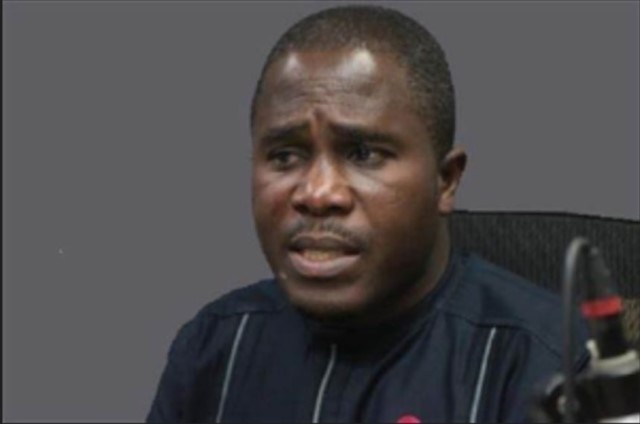
The Institute for Energy Security (IES), says it is scandalized by what it says is a misleading statement by the Electricity Company of Ghana that there’s now a stable national power supply (stable national grid).
The energy think-tank raised issues with inconsistencies in ECG’s public
releases relative to the recent power outages being recorded across the country.
In the recent statement, the ECG sought to equate a “stable national power supply” to a “stable national grid,” both of which are non-existent in our present power sub-sector.
In a statement signed by IES Executive Director, Nana Amoasi VII, the IES said it is appalled by the extent to which the ECG is permitting the powers that be to frustrate its eligible business and to embarrass itself in the eye of the public.
”These public relations (PR) gimmicks by the ECG are unwarranted, disgusting, and diversionary; capable of denting the reputation and credibility of the institution. In any case, how can we have a stable national power supply when since the start of the year, the ECG barely receives from GRIDCo 85% of the power required to fully meet the demand of its customers. Again, one wonders the capacity of the ECG to confidently suggest that Ghana has a stable national grid.
”Where the power sector finds itself today, the best utility to speak to issues of power supply stability and grid stability Is the system operator the Ghana Grid Company Limited (GRIDCo). Unfortunately, GRIDCo has gone mute, an attitude uncharacteristic of the entity.”
The IES further demanded that GRIDCo must break its silence on happenings in the power sector and be willing to indicate to the Electricity Company of Ghana (ECG) the quantum of power that could be made available to the ECG within a set time frame.
Such information, IES noted is vital for the ECG to plan its load response with a timetable.
”The ECG must concern itself with its load management based on the quantum of power made available by GRIDCo, as well as its effective mobilization of revenue; necessary to prove full cost. The Public Utility and Regulatory Commission (PURC) must look beyond the ECG to audit the upstream segment of the power sub-sector, particularly the GRIDCo, and export sales by the Volta River Authority (VRA).
”The Minister of Energy, and by extension, the government must allow the ECG to freely deliver its mandate without the usual political interference. The best intervention Ghanaians can expect from the government at this critical moment is to cause the ECG and GRIDCo to cooperate so a load-shedding timetable can be issued as expected by Ghanaians.”
Source: Kasapafmonline.com



